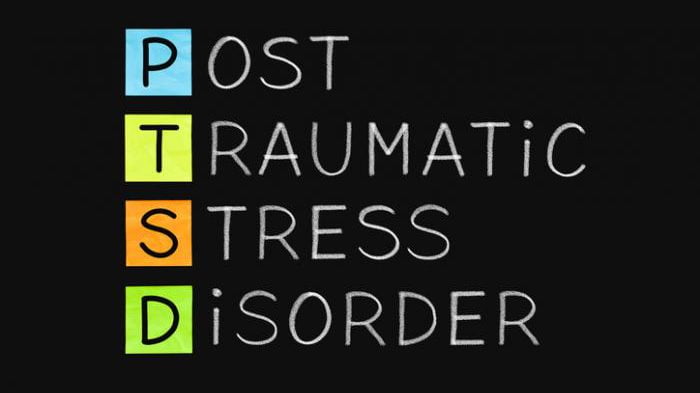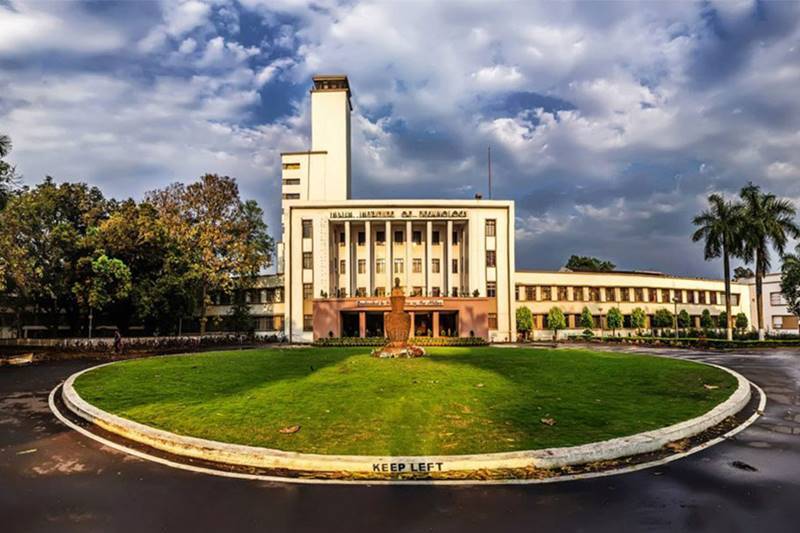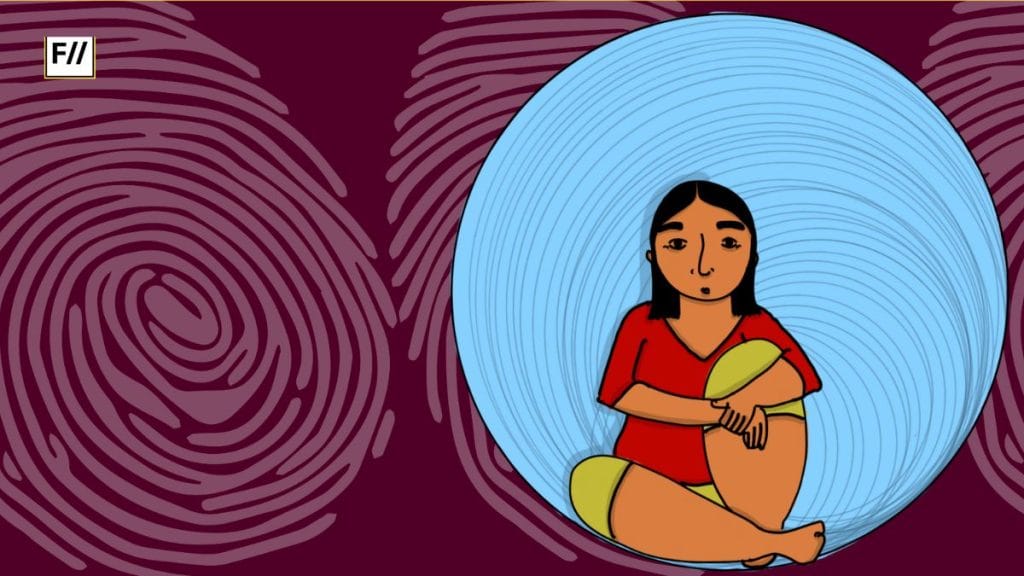Post-traumatic stress disorder (PTSD) is a mental health condition caused by a traumatic or horrifying event. While it is normal to feel a range of emotions after a stressful event, PTSD is more persistent; if the symptoms worsen, last from months to years or interfere with ordinary day-to-day routine, it is normally considered PTSD. What is important to remember is that with the right treatment, recovering from PTSD is possible and, at the very least, will be able to reduce symptoms.
How PTSD affects mental health
Anyone at any age can be affected by PTSD: war veterans, victims of abuse or people affected by natural disasters, major accidents, and the death of a loved one. When traumatic events like these occur, the body becomes defensive and adapts a normal and healthy fight or flight response. However, people with PTSD are constantly on edge a long time after the event.
This leads to a number of other mental health disorders like depression, anxiety, and addiction. People with PTSD may also experience eating disorders and suicidal thoughts. All these things can further compound feelings of hopelessness, loss of control, and negativity, worsening the state of their mental health.
Symptoms and signs of PTSD
PTSD symptoms can appear months or years after the event and must last more than a month to be considered PTSD; however, this condition should be diagnosed by a mental health professional such as a psychiatrist or psychologist.
Symptoms of PTSD include:
- Re-experiencing symptoms: flashbacks or reliving of the traumatic event, nightmares, fearful thoughts.
- Avoidance symptoms: avoidance of places, people or events that can trigger memories of the event, and avoidance of feelings, thoughts or talk about the even.
- Reactive symptoms: feeling afraid or on edge even if they are not in danger, difficulty sleeping, outbursts of anger.
- Cognitive symptoms: feelings of guilt or blame, negative thought patterns about oneself and the world, lack of interest in once enjoyable activities.
Depending on the effectiveness of treatment, recovery time for each individual varies; some may find it takes months for the symptoms to slowly dissipate, some may find it takes months, and for others, it may be a chronic condition.
Treatment for PTSD
Seeking the help of a licensed mental health professional may be crucial to treating and recovering from PTSD. One of the main treatments for PTSD is “talk therapy,” or psychotherapy. Platforms like BetterHelp.com offer affordable, private and convenient therapy on the individual’s terms, with therapists who can support recovery and growth.
There are also things an individual can do to promote healing after a traumatic event. This includes seeking support from trusted friends and family members, joining a peer support group, and developing a reliable coping strategy. Engaging in exercise and practicing meditation may also help relieve stress.
Though it may take time and persistence, it is worth figuring out what treatments work best for you. It is important to look after your health and well-being, especially when living with PTSD, and to remember that there is plenty of hope for people with this condition; they absolutely can get better over time and reclaim a life of fulfillment once more.
Also read: Women Are More Than Twice As Likely To Develop PTSD Than Men
Marie Miguel has been a writing and research expert for nearly a decade, covering a variety of health-related topics. Currently, she is contributing to the expansion and growth of a free online mental health resource with BetterHelp.com. With an interest and dedication to addressing stigmas associated with mental health, she continues to specifically target subjects related to anxiety and depression.
About the author(s)
Partner Content is carefully curated and socially relevant sponsored content created by FII's marketing team. It is separate from FII's editorial content and is identified as sponsored.




